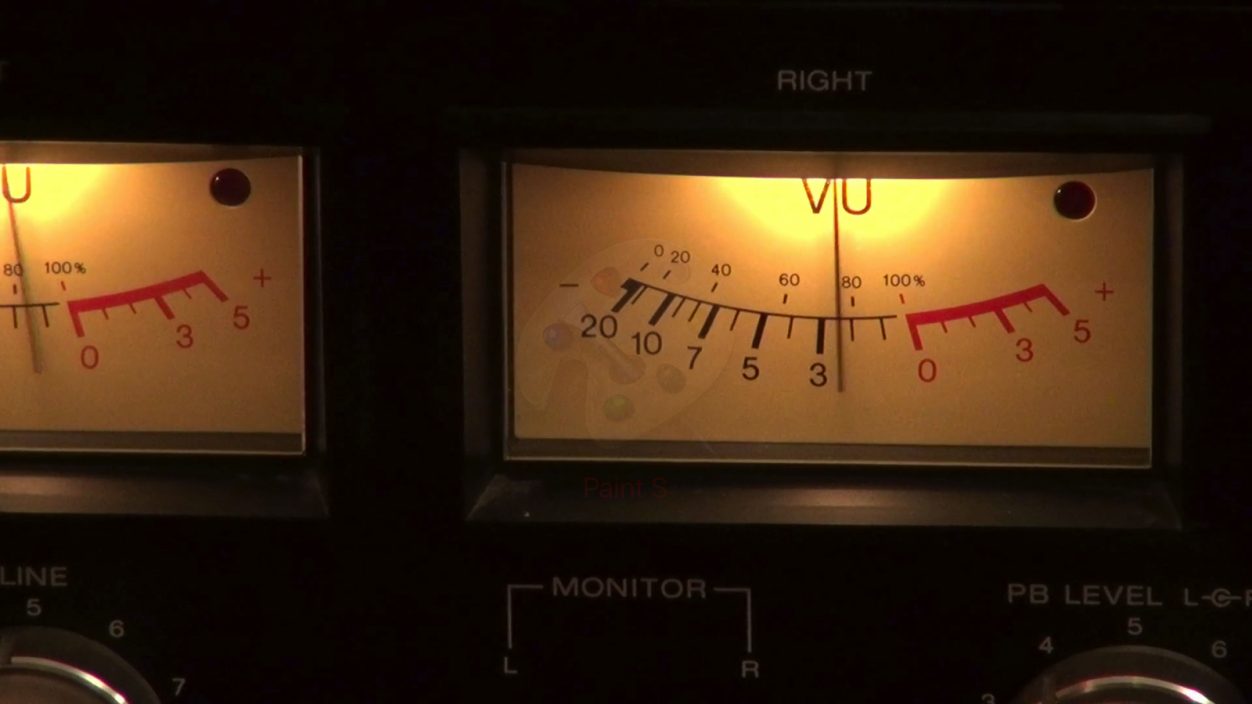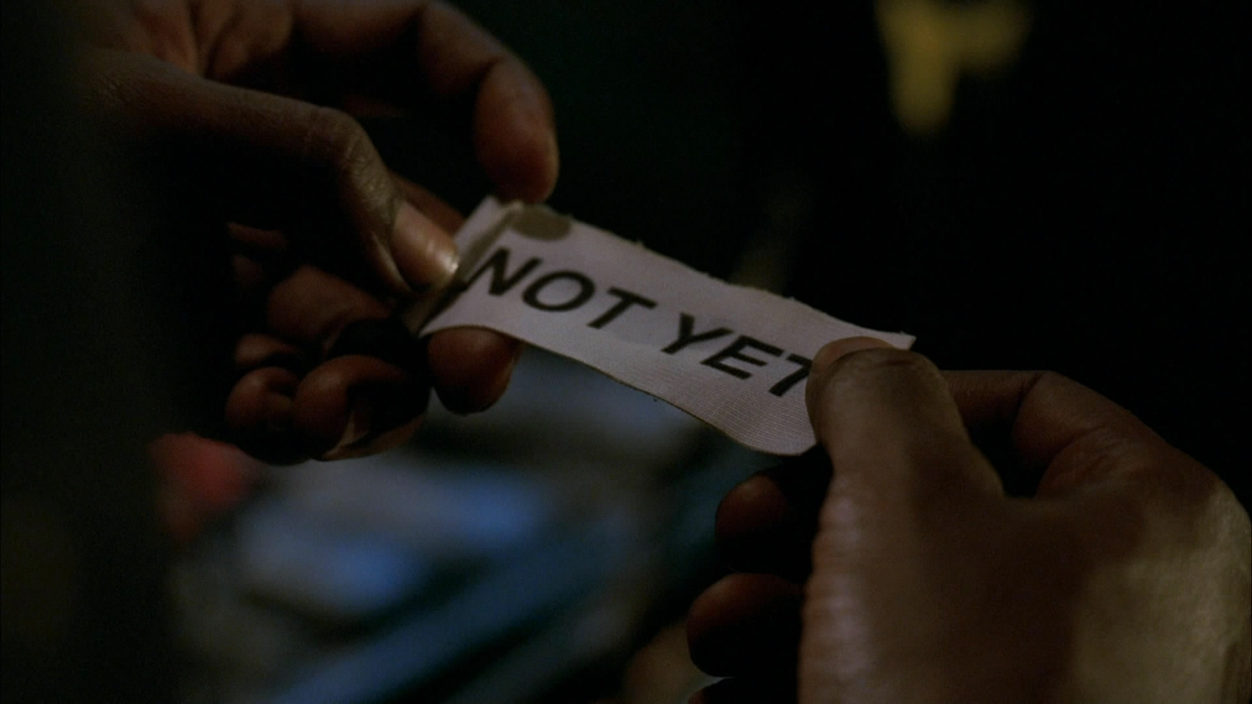Your brain is your most powerful weapon when it comes to performance in a creative or challenging task. It can also be your worst enemy. Make sure you recognize that there is a right time to think about your ‘game’…. And a wrong time.
We refer to the the phases that every performer goes through as they prepare, practice, perform and recover, the Stress Cycle. We call it a cycle because of the way stress levels rise and fall in a rhythm as move through the processes that lead from one challenge to the next.
Pressure and stress peak during the performance we call Gametime. For may people, gametime doesn’t involve a game at all. For them, what we are calling gametime might refer to a recital, a presentation, a medical emergency or a client meeting. Regardless of your specific role or task, those moments when the planning and practice are put to the test and the pressure perform is at its peak is the performance phase of your stress cycle. There are also recovery phases that occur after any given perforance when the pressure subsides and its time to rest, recover, learn and grow. These moments provide the opportunity to process the feelings, stress, criticisms, concerns or insights, that impacted your focus and your performance.
This cyclic process is intrinsic to learning no matter what the specific challenge or who the performer is. Its very important to recognize that there is a proper time to think about your performance, process criticisms, and learn from mistakes. Its absolustely critical to know that gametime is not that time. Studies have demonstrated that in order to perform to potential (in other words, get into ‘The Zone’) in any challenging or creative situation, one must be able to focus on the challenge at hand and trust well ingrained habits, insights and reflexes, and react to the situation, intuitively, and without hesitation. Thinking your way through a performance is guaranteed to reduce the both the speed and quality of your reactions in almost any challenging or creative situation. It doesn’t matter if you are a racing driver, public speaker or performance artist, ‘Reading and Reacting’ is the key to performance at gametime.
An oversimplification of the stress cycling process might look something like this:
- TUNE THE WEAPON (think)
- LET IT HUNT (don’t think)
- REST / RECOVER
- REPEAT
In other words, after any given performance, rest and allow the stress to subside and then get to work deciphering the experience. After you have done so, you can practice, plan and prepare for the next challenge (or exposure to stress as we call it). A strategic and objective approach to stress processing is important. When its time to perform, trust your insights, habits and reflexes and… Let it Flow.
You will make mistakes. As you become expert at riding the stress cycles, you will realize that mistakes are almost always loaded with valuable information that can be ‘harvested’ to reveal valuable insights and feedback.
Net effect? Fight the urge to cognitively babysit your reactions when you are under pressure to perform.
Whenever you notice your brain’s self criticism / self defense processes becoming active (mental noise, it happensl), just take a few breaths, ignore the chatter and reset your focus. Your mind has a channel changer, practice using it whenever your attention drifts.
So, you now know that there is a right time and a wrong time to use all that problem solving power stored between your ears. Riding these rhythms properly is a great first step towards developing sharp mental skills, habits and reflexes that you can rely on when the chips are down and the pressure to perform is high.
Stress and pressure are the key to improved focus and performance, IF you understand how to recover and learn from them systematically.



Leave a comment